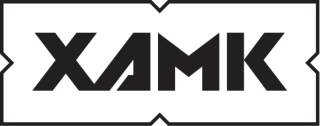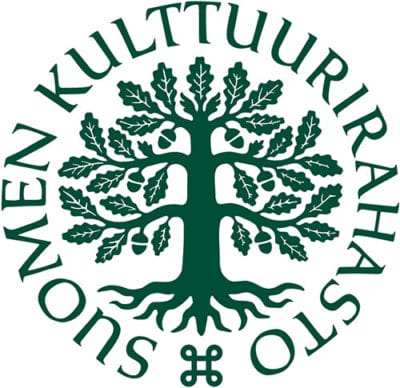



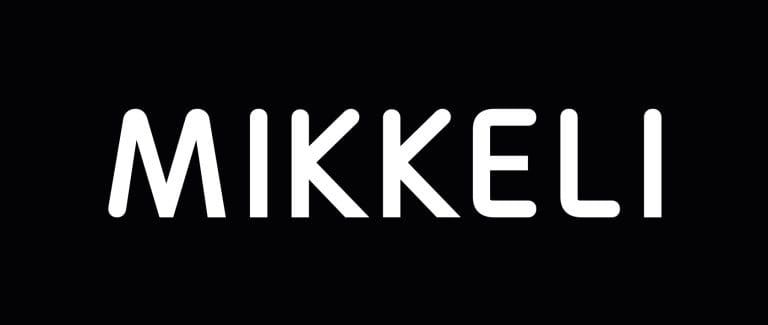
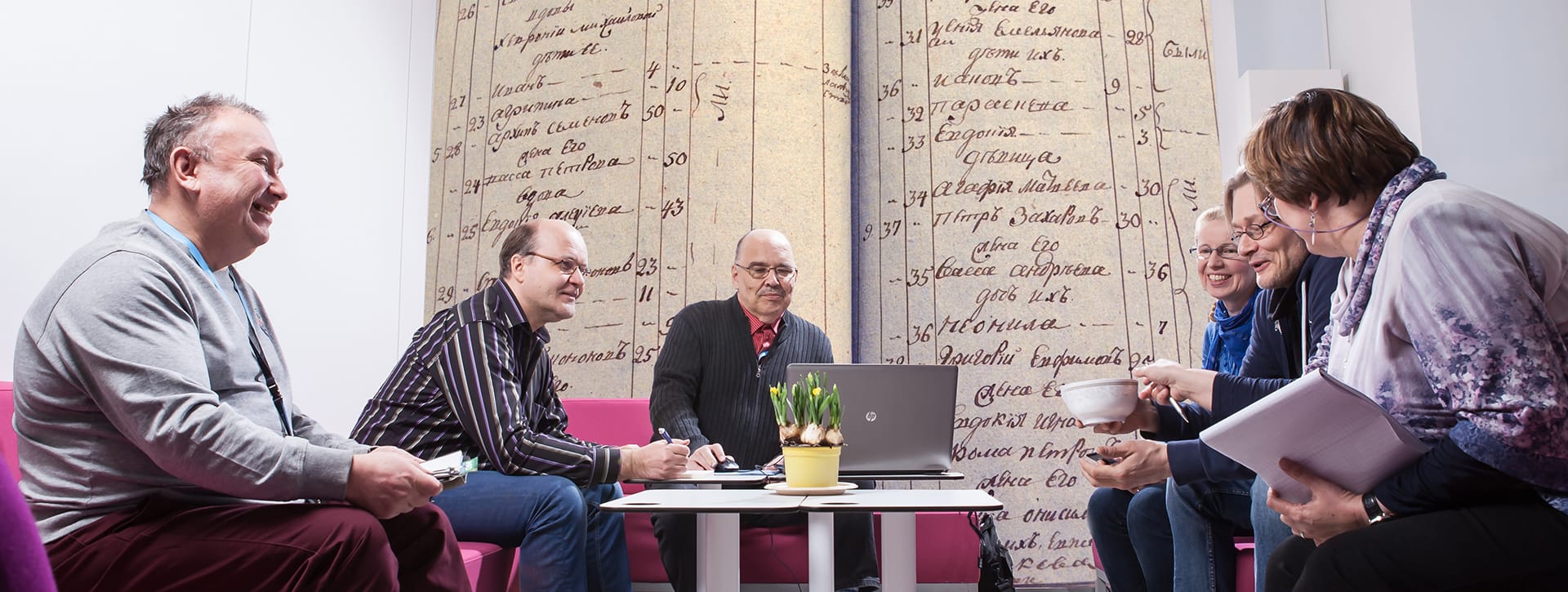
Karjala Database
Karjala Database – saving the past, serving the future
The project is finished.
Knowledge of the past is as important as memory for a human being. We need knowledge of the past to understand our history and daily life. Karjala Database offers a tool for researching the past. The database provides an access to digitized records for scientific research and genealogy purposes, but also acts as an incentive to research into the inhabitants of the ceded Karelia area.
Targets
Karjala Database project is in operation until the end of 2019. The project will finish the long-term digitization process of old handwritten texts that contain non-structured data from the parish registers of the ceded Karelia area. The ceded area was an Eastern part of Finland before World War II, with 50 Lutheran and 20 Orthodox parishes.
Karjala Database serves several kinds of research and improves access to the church records. Information in the database is useful for historical research, medical genetics research, social sciences and genealogy.
Challenges
In this project, the term ‘digitization’ means manual data recording, which has many challenges. The scripts and handwritings vary from time to time and from parish to parish. The church books are from 1680 to 1950 and, due to the long period of time, there are many changes in the data, such as shorter names and synonyms, but also lack of data. In addition, the language changes too. Since the language in Lutheran church books is mostly Swedish and in Orthodox books Russian, the project worker must have a good knowledge of these languages as well as the Finnish language.
In addition to data recording, Digitalia Research Center is developing an effective database interface.
Results
By the year 2020, Karjala Database will contain over 11 million entries (rows from church books). There are approximately 1 million entries that are to processed during at Xamk during the database project.
Digitizing old genealogical sources gives new possibilities, especially for digital research. Data mining and data combination methods are completely new ways of expanding knowledge also in humanistic research. In addition, it also opens opportunities for other branches of research to utilize the digitized data.
Karjala Database
Info
Budget
More information
Jari Ropponen
Project manager
040 1945 235
firstname.lastname@xamk.fi
